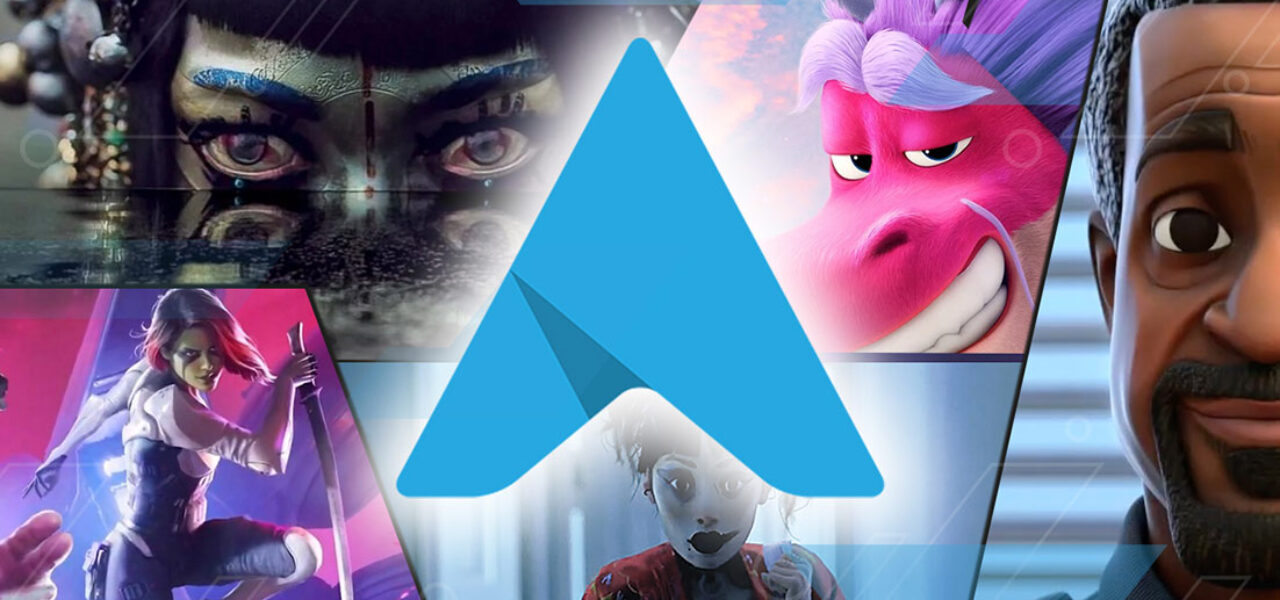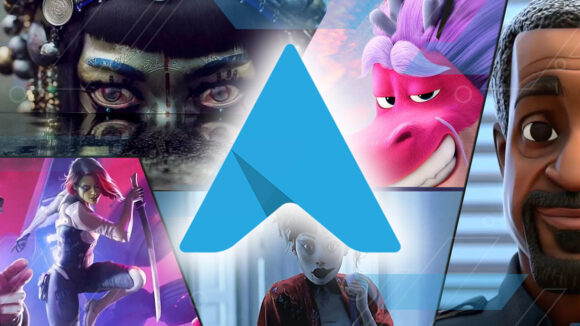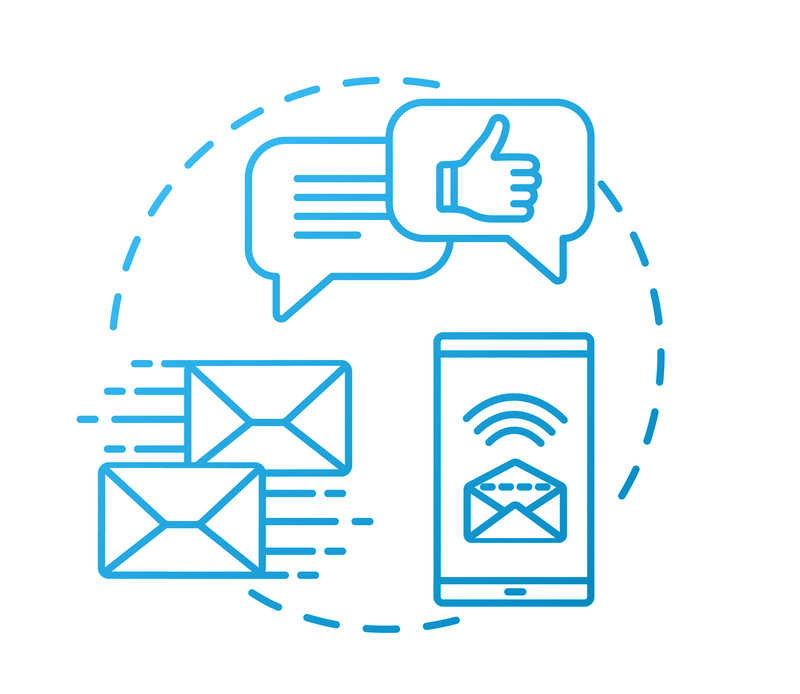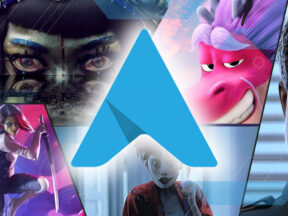

Effective Words And Phrases To Use When Communicating With Animation Clients
Agora Studio is a global network of professional artists which provides freelancing services to studios around the world.
The company’s stated mission is “To close the gap between freelancers and studios, empowering artists to work remotely on inspiring projects and provide efficient solutions for production needs.”
To that end, we asked Agora to put together a series of three pieces themed around leadership tat have appeared on Cartoon Brew over the past few months. This, the final piece in the series, offers advice for leaders on how to adjust their language to most effectively manage and communicate with animation clients. The earlier articles can be found linked at the end of this piece.
Agora is always on the look-out for new talent, and interested parties can find an application by following this link.
Now, we turn it over to Agora, with tips on how using different words and phrases can create a smooth relationship with animation clients.
Writings are often misinterpreted, so be mindful of that.
It’s not always what you say, it’s how you say it. Communication is more than just the words you use, it’s the delivery, the facial expression, and the body language. Written communications lack that context, so assume whoever you are writing to will have their own interpretation of your words. Writing remains the most efficient way to share information when working remotely, but it’s terrible at resolving conflicts. So keep written messages factual and straight to the point. Be mindful of which means of communication is appropriate for any given situation.

Writings, recorded videos, or meetings?
Written communication is often quick and efficient when kept informative and straight to the point. For longer messages, written communication can become inefficient for the sender and tiring for the reader. No one is looking forward to reading four pages of text to get specific instructions. In such situations, a recorded video may be preferable. Simple, open-source software like OBS (Open Broadcaster Software) can be used to create such videos efficiently, using your webcam feed and screen capture.
Videos provide the advantage of asynchronous communication while being easier to digest for the recipient. In addition, they can provide the added benefits of vocal delivery, facial expression, and body language.
If the circumstances require real time interaction where misinterpretation is likely, a conversation over the phone or a video sharing service is advised. It’s often hard to find time for a call, so you may need to make the time. Schedule a call ahead of time if needed.
Meetings are great for getting everyone on the same page efficiently, but a terrible setting to resolve conflict, have uncomfortable conversations, address personal issues, or engage in creative brainstorming. Always be mindful of the minimum number of people that need to be present for a discussion. Many times the answer is just two. You can always follow-up with the others later on.
Limit personal pronouns. They can be divisive.
Whether speaking with teammates or clients, you want to be on the same page as much as possible. Personal pronouns can make things, well… personal! Which can be divisive. In a situation in which a client asks for changes of direction very late in the approval process, one can remain straightforward and diplomatic, answering:
“Normally, we’d prefer to know these types of acting directions before we start animation. It will be quite tight for us to address these notes before final delivery tomorrow. Your client’s deadline is next week, correct?’
But, that’s four personal pronouns, enough to give an “us against them” impression. Better that you just drop them, they are not required. You are on the same team and need to address the issue together. Here’s a more inclusive way to deliver the same message:
“Normally, these types of acting directions are provided before animation starts. It will be quite tight to address these notes before delivery tomorrow. The production deadline is next week, correct?”

Change “but” with “and,” “no because” with “yes if”
“And” instead of “but” makes for more direct and constructive feedback, while validating others’ feelings. “And” allows you to share your opinion without dismissing the feelings and needs of others. In a situation where you expect better performance from an artist, avoid:
“You are a great artist, but I know you can perform better on this production.”
Communicated this way, the first part loses its meaning. It seems to simply sugarcoat the main message. Instead:
“You are a great artist and I know you can perform better on this production.”
Although far from perfect, the latter recognizes the artist’s quality and how that quality is part of the solution. An even better version would be to discuss the work provided, not the artist directly. Take ownership of the situation and offer proper support:
“We really like your work and we know it can be improved on this production. What can we do to better support you and ensure it reaches our expectations for the project?”
The same logic applies when answering questions and providing justifications. You can use the same sentence with the same meaning, but by changing two words you can make the feedback sound constructive and positive. Replace “no because” with “yes if”:
“Are we on track to deliver this by the end of the week?”
Negative answer: “No, because I wasn’t provided the required material.”
Positive answer: “Yes, if I am provided the required material.”
Use “want to” rather than “have to”
“I have to follow up with you about something,” communicates that you are obligated to, perhaps against your will. On the other hand, “I want to follow up with you about something,” shows your desire and motivation to address the situation. It’s subtle but can make a big difference.
“Tell me more” instead of “why”
If someone on your team says, “I think we need to adjust this procedure,” “Tell me more” shows that you are genuinely interested in better understanding the other person’s point of view. “Why?” can come off as challenging. “Tell me more” shows consideration for the person’s concerns and opens the discussion. “Why?” requests justification.
Teammates instead of subordinates or bosses
Word choice matters. You don’t want to sound too corporate or hierarchical. You might be the captain of the team, but you are still a part of that team. Only your responsibilities are different. The rest of the team needs you, and you need them. Using proper inclusive nouns to refer to your team is important, whether it be the person in charge or those they’re in charge of.
Using personal examples
Being empathetic with others is essential. You don’t have to agree with everything someone else says or accept all behavior, but you should take the time to listen, make them feel understood, and empathize with the situation. Using personal examples shows you can relate and have been in their shoes before. For example, instead of saying “You might want to take a break,” using a personal situation to share that advice will automatically communicate empathy (I understand you) and competence (I have valuable advice for you). “When I’m feeling overwhelmed, I usually take a break. Is this something you might want to consider?”

End on a positive note
What we are doing is not simple. Motivation plays a huge part in everyone’s efficiency and enjoyment of their work. Ending on a positive note sands the edges of any feedback provided. You want artists to clearly understand what needs to be improved while remaining motivated to do so. Sometimes, simply diffuse the tension: “Don’t worry, we still have 13 days before this shot needs to be delivered.”
Words of encouragement often help. “I’m not worried, just make it as good as your previous shot the director liked so much.”
Sometimes it can be as simple as, “C’mon, you got this!” But make sure you’re being genuine and not over-praising to the point it becomes obvious flattery, undermining future honest, positive remarks.


